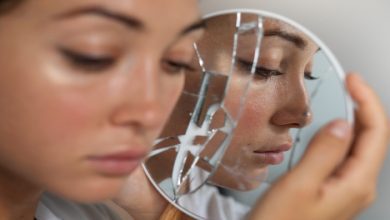Ear, Nose & Throat Care
By Dr Rekha Balachandran


Among the commoner symptoms of the haze are:
- Runny, blocked nose especially for those with underlying nasal allergies.
- Sore throat.
- Dryness and burning of the eyes.
- Worsening of respiratory conditions such as asthma attacks and bronchitis.
Over the past couple of weeks, many doctors (ENT doctors in particular), have been seeing a surge in the cases of nasal allergies and sinus infections. This is occurring even among operated patients, who were relatively well prior to this.
Who is at risk?
The health effects are similar for everyone but may affect certain groups to a larger extent.
- Children as they tend to have a higher breathing rate (respiratory rate) compared to adults and their lungs are not fully mature yet.
- Elderly people.
- Patients with medical problems especially those with asthma, chronic obstructive lung diseases, coronary artery disease, heart failure.
- Any history of ear, nose and throat problems such as allergic nasal conditions or problem with sinusitis.
These people should make every effort to stay indoors and refrain from vigorous physical activity during times when the API readings are poor.
The haze and nasal allergies
The haze basically is an irritant affecting the lining of our nose and sinuses. Those of us who suffer from nasal allergies, polyps and recurrent sinus infections, will develop symptoms which are more troublesome. For those who are already on regular or periodic intranasal steroid sprays, they may need to increase the dose up to twice a day. Using a sinus rinse with saline washes or even buying the premade saline spray helps. These saline washes clean out retained pollutant particles in the nose and give symptomatic relief from nasal allergies and infections.
Masks and filters do they help?
Using an ordinary surgical mask is not much help when there is a haze as the surgical mask is not air-tight and does not act as a filter. The best mask to use is an N95 mask which is “at least 95% efficient against fine particles that are about 0.1 to 0.3 microns and 99.5% efficient against particles such as those 0.75 microns or larger”. Air purifiers especially those with high efficiency particulate air (HEPA) filters are effective at removing microscopic irritants (as small as 2.5 microns) from the air and they produce no ozone (which may irritate the sinuses). Air purifiers with ionisers (and no HEPA filters) are of no real benefit as they are only good for removing bacteria and viruses but have no effect on removal of pollutant particles.


